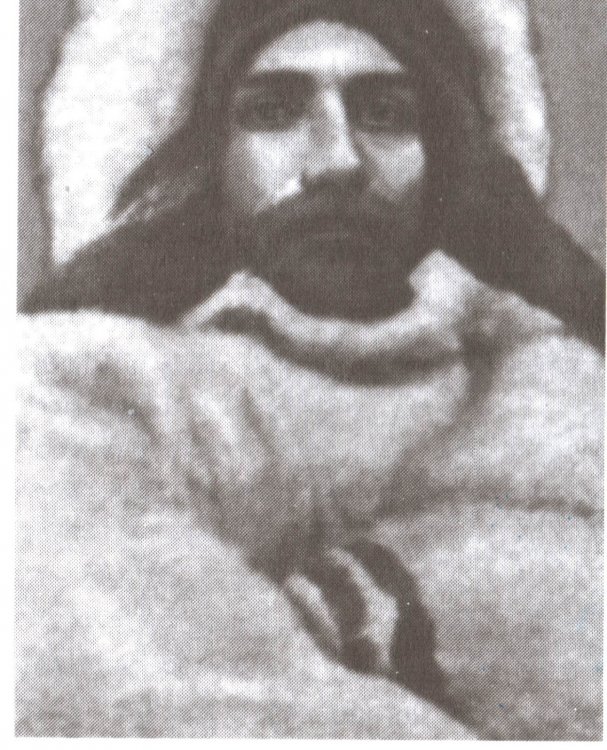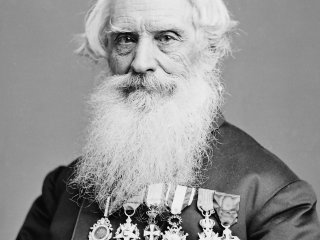
Academician Obruchev depicted him in his novel Sannikov’s Land. Describing at the beginning the report on seeking for Baron Toll’s missing expedition delivered at the Geographical Society, Obruchev mentioned with respect the strong and handsome face of the speaker, young naval officer, as well as his awards and merits to polar exploration. However, he did not mention his name, and the reason behind it is clear. The name of the young officer was Alexander Kolchak. The biography of the future Russia’s supreme ruler during the Civil War, who was executed in Irkutsk on February 7, 1920 under the sentence of revolutionary committee without any court trial, was peaceful enough at the beginning. Graduate of the Naval Cadet School, warrant officer and later lieutenant, Kolchak would carry out scientific research along with self-education. Then, he met Baron Toll, who was getting ready for an expedition to the north polar region aimed at looking for legendary Sannikov’s Land. Toll offered a position in charge of hydrological work to Kolchak. Later, Toll would write in his diary: “Our hydrographer Kolchak is a brilliant specialist loyal to the expedition’s interests.” In the same year, he gave Kolchak’s name to an island discovered by the expedition. As is known, Baron Toll failed to find Sannikov’s Land, while his new expedition was reported missing. Kolchak set out to seek for him, yet found only the evidence of Toll’s death. However, he did not return to Saint Petersburg, as the news about the beginning of Russian-Japanese war caught him half-way to the capital. What followed then includes heroic naval career, monograph The Ice of Kara and Siberian Seas, and an attempt to save Russia from the Bolsheviks. In the Soviet period, Kolchak Island bore the name of Rastorguyev. However, the Russian authorities have put the historical record straight recently – one can see Kolchak Island on the map of Russia again. Moreover, a monument to Kolchak was erected in Irkutsk, not far from the place of his death.
























